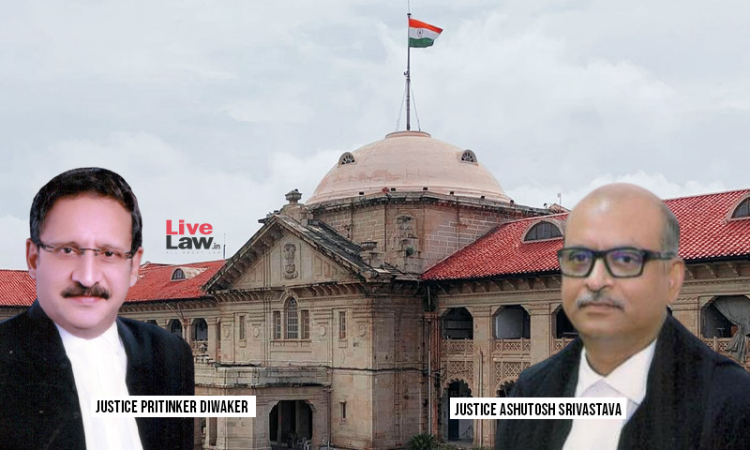Writ Petition Under Article 226 Maintainable Against Orders Of NGT: Allahabad High Court Reiterates
Upasna Agrawal
24 Aug 2023 5:45 PM IST

Next Story
24 Aug 2023 5:45 PM IST
The Allahabad High Court has recently reiterated that a writ petition under Article 226 of the Constitution is maintainable against the orders passed by National Green Tribunals.The bench comprising Chief Justice Pritinker Diwaker and Justice Ashutosh Srivastava observed that the principle laid down by the Supreme Court in Madhya Pradesh High Court Advocates Bar Association as to the power...
